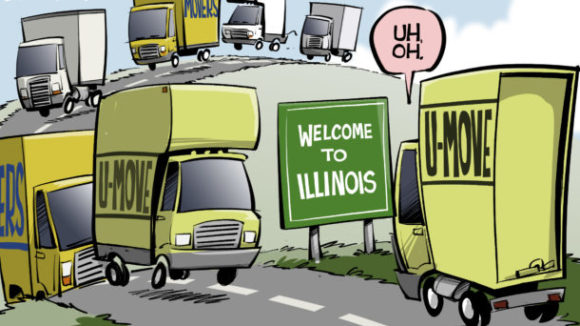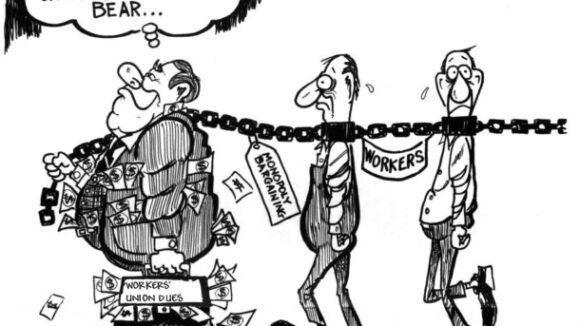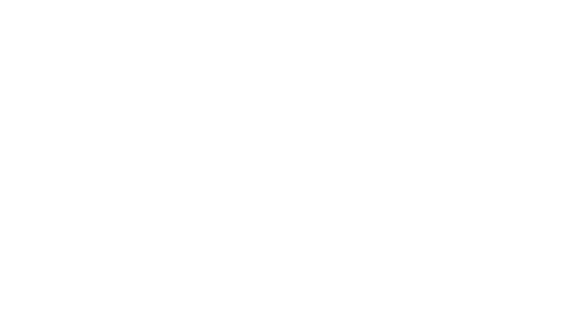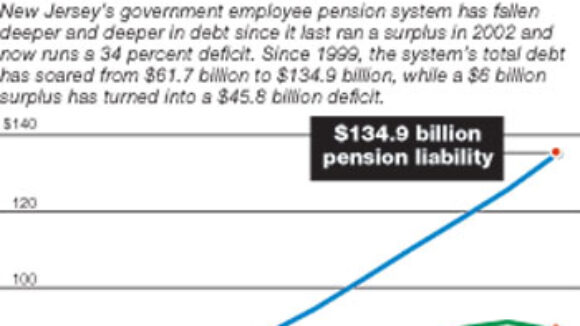Thomas Jefferson Forced Unionism "Tyrannical"
The significance of Michigan enacting a Right to Work law was not missed on George Will:
Rick Snyder, who is hardly a human cactus, warned Michigan’s labor leaders. The state’s mild-mannered Republican governor, in his first term in his first public office, has rarely been accused of being, or praised for being, a fire-breathing conservative. When unions put on Michigan’s November ballot two measures that would have entrenched collective-bargaining rights in the state constitution, Snyder told them they were picking a fight they might regret.
Both measures lost resoundingly in the state with the fifth-highest rate of unionization (17.5 percent, down from 28.4 percent in 1985) and, not coincidentally, the sixth-highest unemployment rate (9.1 percent).
Republicans decided to build upon that outcome by striking a blow for individual liberty and against coerced funding of the Democratic Party. Hence the right-to-work laws passed by the Republican-controlled Legislature to prohibit the requirement of paying union dues as a condition of employment.
The unions’ frenzy against this freedom is as understandable as their desire to abolish the right of secret ballots in unionization elections: Freedom is not the unions’ friend. After Colorado required public-employees unions in 2001 to have annual votes reauthorizing the collection of dues, membership in the Colorado Association of Public Employees declined 70 percent. After Indiana’s government stopped in 2005 collecting dues from unionized public employees, the number of dues-paying members plummeted 90 percent. In Utah, automatic dues deductions for political activities were ended in 2001; made voluntary, payments from teachers declined 90 percent. After a similar measure in Washington state in 1992, the percentage of teachers making contributions fell from 82 to 11. The Democratic Party’s desperate opposition to the liberation of workers from compulsory membership in unions is because unions are conveyor belts moving coerced dues money into the party.



